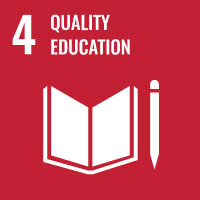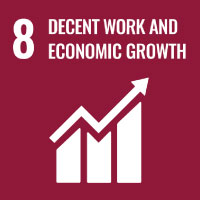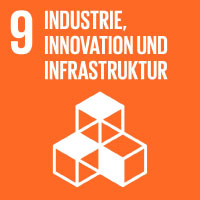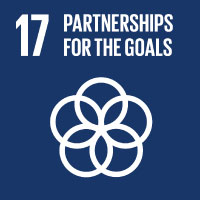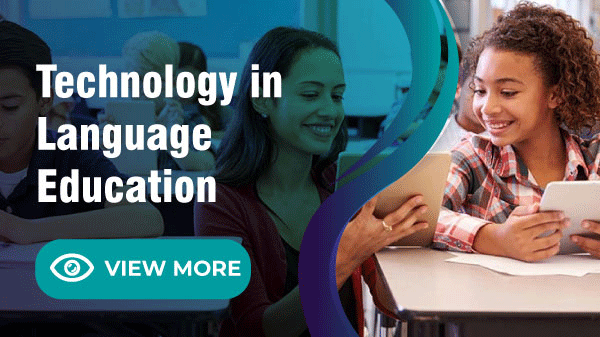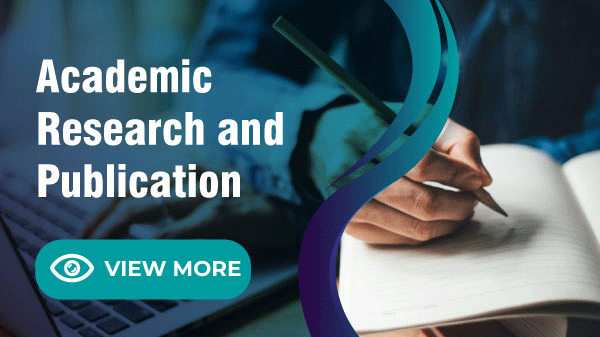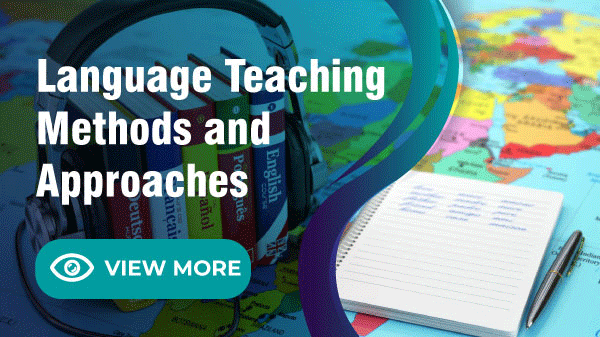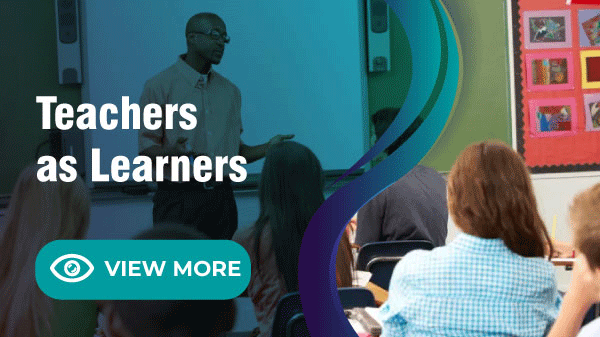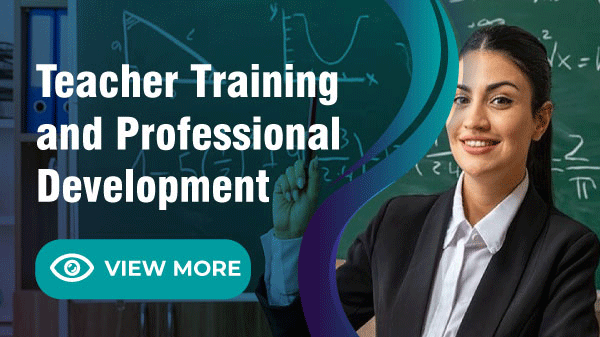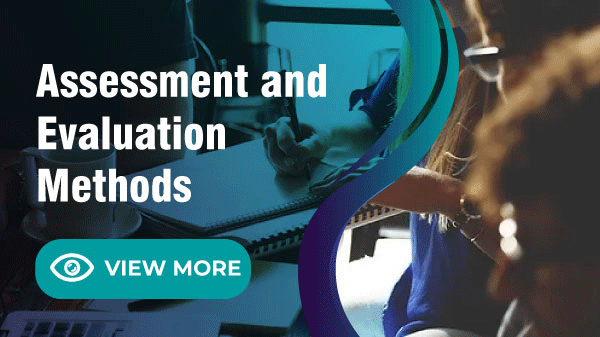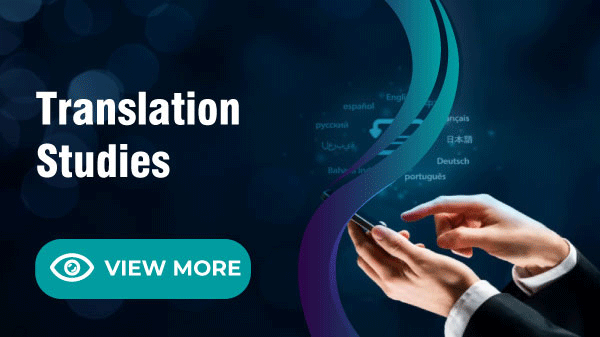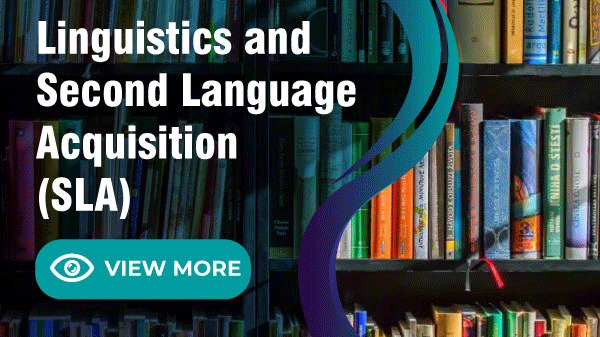Teacher Training and
Professional Development
Session Overview
Addressing the core of educator effectiveness, this session explores strategies for robust teacher training programs. Topics include mentorship, curriculum design, and classroom management skills. By supporting teacher development, this session contributes to SDG 4, promoting skilled, well-prepared educators capable of delivering quality education across diverse contexts.
Teacher Training and Professional Development
The
Sustainable
Development Goals:
Goal 4: Quality Education
Goal 8: Decent Work and Economic Growth
Goal 9: Industry, Innovation, and Infrastructure
Goal 17: Partnerships for the Goals
Who Can Join
Tracks
Topics of Interest for Submission include, but are not limited to:
1 Curriculum Design and Development
2 Mentorship and Coaching in Education
3 Effective Classroom Management Techniques
4 Inclusive Education Practices
5 Integrating ICT in Teacher Training
6 Online and Hybrid Training Models
7 Educational Leadership Training
8 Competency-Based Training Approaches
9 Developing Cultural Competence
10 Building Communication Skills for Educators
11 Conflict Resolution in Educational Settings
12 Continuous Professional Development Programs
13 Training for Language-Specific Pedagogy
14 Workshop Design and Implementation
15 Cross-Disciplinary Teacher Training
Key Themes ICLTL -2024
- For educators, lifelong learning is key to adapting to evolving educational needs and enhancing their effectiveness. This session underscores the importance of teachers as learners, promoting reflective practices that enable educators to assess and refine their methods continuously. Through self-assessment and goal-setting, teachers can identify areas for improvement, adopt new teaching techniques, and address challenges in their instructional practices. By fostering a culture of self-awareness, this session encourages teachers to see themselves as active learners in their profession.
- This theme also aligns with SDG 4 by promoting quality education through well-trained educators. As teachers engage in ongoing professional development, they enhance not only their skills but also their students' learning outcomes. This session explores the benefits of Professional Learning Communities (PLCs) where educators can share resources, experiences, and feedback. Participants will gain insights into how reflective and collaborative learning can lead to greater self-efficacy and adaptability, ultimately benefiting students and the educational community as a whole.
Theme: Driving impactful language research and scholarly publication for knowledge advancement.
Scope & Benefits of Attending ICLTL-2024 conference

Benefits of Attending ICLTL
2024
- Attending these sessions provides invaluable scope and benefits aligned with SDG goals, Scopus publication opportunities, certifications, awards, and IFERP scholarships:
- SDG Contributions: By enhancing skills and knowledge in modern language teaching, research publication, and cross-cultural communication, attendees actively support global SDG objectives, particularly SDG 4 and 17, through impactful educational practices
- Scopus Publication Opportunities: Attendees have the chance to publish their research in recognized Scopus-indexed journals, contributing to global scholarship in language education and enhancing their academic and professional profiles.
- IFERP Awards, Certifications, and Scholarships: Participation in ICLTL-2024 brings certification of participation, eligibility for awards recognizing research excellence, and potential scholarships, which underscore professional growth, acknowledgment, and support for continued academic contribution.
Author Guidelines
Guidelines for Abstract Submission:
- Language: Abstracts must be written in English.
- Length: Limited to one paragraph with 200-250 words.
- Format: Submit in MS Word (.doc or .docx) document format.
- Content: Abstracts should provide an informative summary of the original work. Include a brief biography with your abstract, following the example provided in the template.
- Formatting: Center-align the Title, Author's Names, and Affiliations. Underline the presenting author's name.
- Submission: Please submit your abstract through the designated submission portal.
- Acknowledgment: Upon abstract submission, you will receive an acknowledgment email within three working days.
Evaluation Process
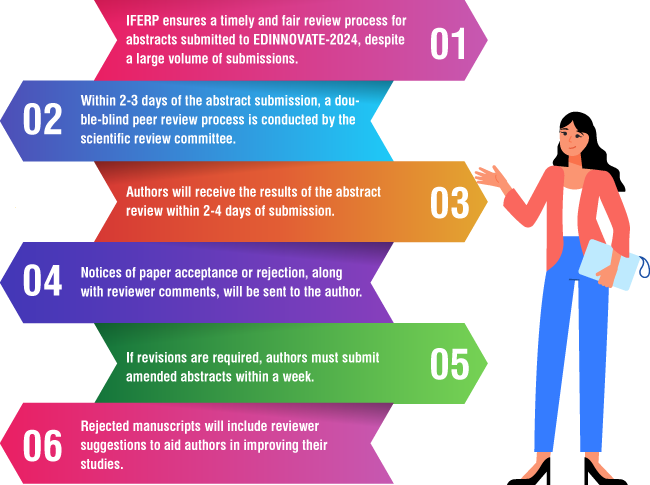
Guidelines for Full Paper Submission
If your abstract has been accepted and the registration fee for ICLTL-2024 has been paid, you are invited to submit the full paper. Please adhere to the following guidelines for the submission:

- Total number of pages: 6-8 in double-column format
- Language: English (checked for grammar and language errors)
- Tables, figures, and images should be properly named and of high quality.
- Keywords should be written in lowercase letters (except for names/scientific names) and separated by commas.
- Affiliation names, including the country, must be provided.
- Each paper should be structured into the following sections:
- Background, Motivation, and Objective
- Statement of Contribution/Methods
- Results, Discussions, and Conclusions
Once your full paper is prepared according to the above instructions, please proceed to submit it through the provided link. Submit your Full paper Here.

